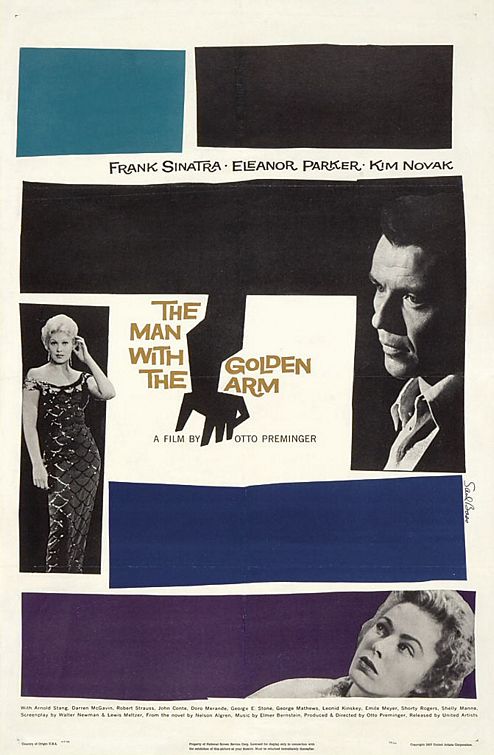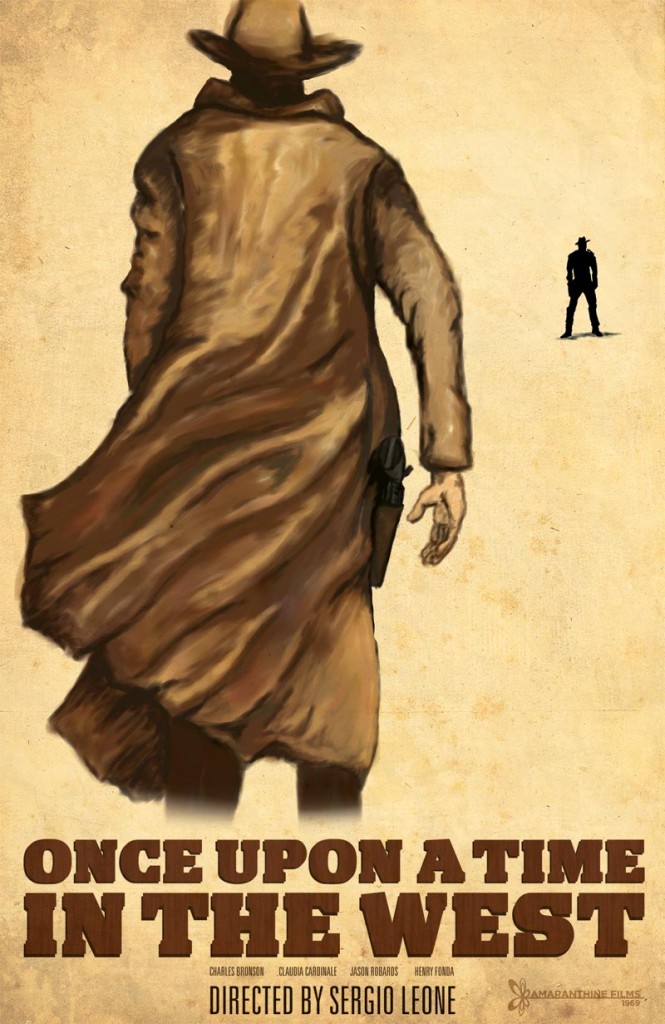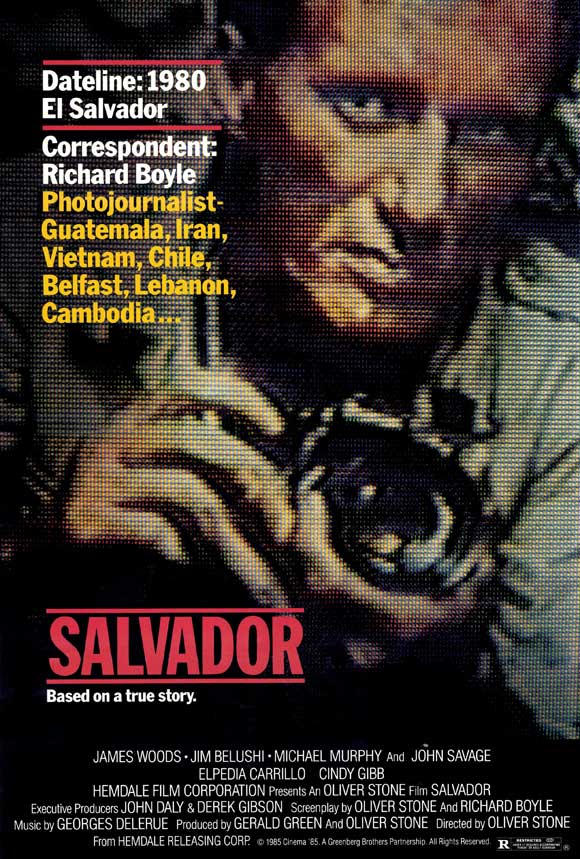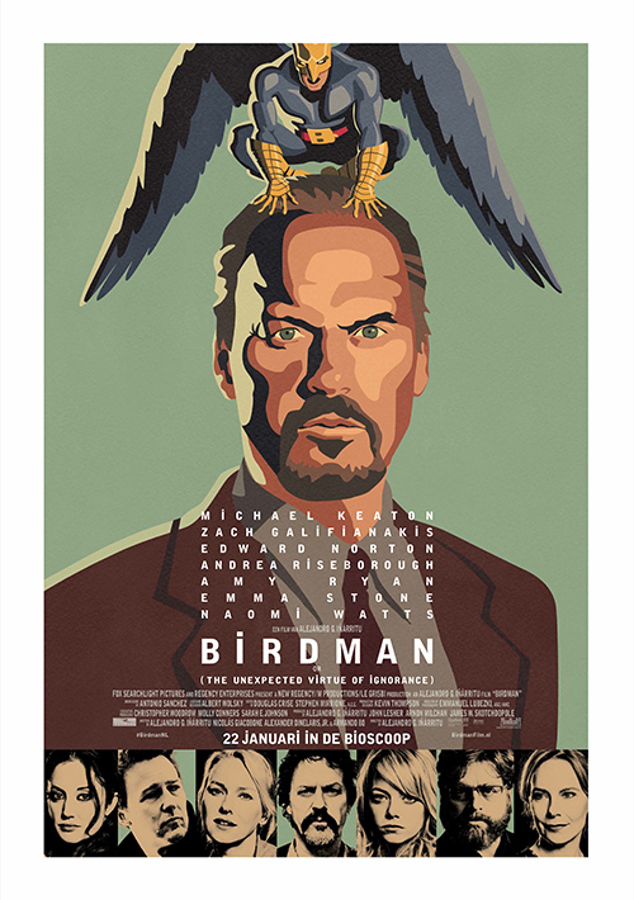Ah, welcome, welcome! I hope you have
enjoyed reading parts 1, 2, and 3 as much as I have
enjoyed writing them. I love all these films and each time I try and pick the
next ten I want to pass along to you guys I think long and hard, though some of
my descriptions may be lax, do not take that as a sign that the film is any
less of a piece of art compared to one which I give a long description. All
these are movies you should watch not just because I told you too, but because
they are pieces of cinematic history (mainly because I told you too and my opinion is the greatest one I know) and if you love movies you will appreciate
each choice..
Now I may have mentioned in Part 2 that I
was going to launch into the sports version of my list, but I figured two
themed lists in a row would be lamer than a quadriplegics legs so I decided
against it. I really do love you Spacejam and I swear we will
be together soon, but another night.
Well, with all that said let us venture into
this month’s ten films.
The Man Who Knew Too Much (1934)- Alfred Hitchcock; Gaumont British Picture Corporation
While Hitchcock later remade The Man Who Knew Too Much (I will put it on a list one day) in 1956 with a
far superior cast I decided to pick his original masterpiece simply because I
love Peter Lorre and what he brings to the film. While the remake is a better
film (I t was made with a extremely larger budget mainly because it was backed
by a large Hollywood studio) it really missed Peter Lorre’s creepiness. The
plot remains the same: a couple discovers an assassination attempt and in order
for them to keep quiet their daughter is kidnapped which, with Hitchcok at the
helm, is a wonderfully suspenseful thriller.
Fritz Lang is a master behind the camera
and his mastery shines in this film. His direction over shadows the story and
acting as a whole, but with him behind the camera he creates a wonderful Noir
and gets the best out of the story. Ray Milland plays a man who had just been
released from an asylum and manages to find himself caught up with a Nazi spy
ring and murder, a lot of suspense keeps the story moving forward and your eyes
glued to the screen. The ending is super Hollywood, which would be my only
complaint. After a movie full of dark shadowy characters they ride off in the
sunset planning a wedding? That was 1940’s Hollywood for you, maybe you will
enjoy the ending, but everything before the car ride on a beautiful day is a
film worth every minute you will invest.
The Man With the Golden Arm (1955)- Otto Preminger; Otto Preminger Films, Carlyle Productions
Frank Sinatra plays a recovering heroin addict just
released from a stint in prison, but the life he returns to is the same one he
was trying to escape. His wheelchair bound wife, his reputation as the best
card dealer in Chicago, and his addiction. He is an aspiring drummer, trying to
make a clean break from drugs and his illegal life but he is sucked back into
use. A scene where he tries once again to give up dope was powerful and unheard
of in American cinema at the time and Sinatra played his part perfectly leading
to his well deserved second Academy Award nomination.
The Killing (1956)- Stanley Kubrick; Harris-Kubrick Productions
Stanley Kubrick’s second full length film the Killing, take an inside look at a
group of crooks and their robbery of a race track. The plot involves many characters
with different personalities each with their own dreams about what to do with
the money. But would it be a classic tale of too many cooks in the kitchen? Or will
it go off without a hitch? I know how it turns out, but I won’t tell you
instead I recommend that if you are a fan of Film-Noir crime thrillers you sit
down and enjoy the film and then we will talk about it.
Once Upon a Time in the West (1968)- Sergio Leone; Rafran-San Marco Production, Paramount Pictures
This is my favorite Sergio Leone directed film. Yes,
I know that means I find it better than the Man with No Name Trilogy and I will
defend that opinion if you want to argue. Though, that doesn’t take away from
those films which will all appear on my blog at some point in the future.
This film gave the blue eyed Henry Fonda a chance to
play a villain and the performance he delivered was one that should go down as
one of the best in the history of the western genre. Pair him with the always
badass Charles Bronson and his harmonica backed by the always incredible score
of Ennio Morricone you end up with the greatest western and one of the greatest
movies of all time.
The Godfather: Part II (1974)- Francis Ford Coppola; Paramount Pictures, Coppola Company
Take the greatness of part one and add to it Robert
De Niro playing a young Vito Corleone and you create the greatest sequel in
motion picture history. As I did with the first Godfather in part one of this series, I don’t think this needs many
words. I should not have to tell you to go and watch this American epic. You
should have already watched it, but if not I will just let the 6 Academy Awards
and 11 nominations speak for themselves. Just go watch De Niro in one of his
greatest performances of his career.
Salvador (1986)- Oliver Stone; Hemdale Films
Over shadowed by Stone’s Best Picture winning Platoon (it will show up on a list eventually)
most people forget that Salvador was
nominated for a couple awards at the 1987 awards as well. Obviously Platoon was the Stone film to actually
take home awards but there was a reason this film’s screenplay and its star
actor James Woods were nominated. James Woods plays Richard Boyle who is an American
photojournalist that drives down to El Salvador at the start of that nation’s
civil war between the military government (which was supported by the U.S.) and
a group of left wing guerrilla groups knows as the FMLN. Going along with him
for the ride was an out of work disc jockey Doctor Rock played by Jim Belushi.
Once down in El Salvador the apparent seriousness
(which they underestimated) of the situation becomes clear to the pair of Americans.
Stone portrays the violence and human rights violations that were occurring not
only during the time period which was taking place but also the continuing atrocities
that were occurring while the filming (on location in El Salvador while the
civil war still raged on) occurred.
In my mind this is a far more powerful film than Platoon and deserves a place as one of
the best films of the eighties.
Up in the Air (2009)- Jason Reitman; Paramount Pictures
After a million posts using Anna Kendrick GIFs one
of her movies finally appears!! She did a brilliant job and should have won
the Academy award instead of fucking Mo’nique. Who does she think she is? Cher? Bitch go get a last name and give your award to Anna.
Along with Anna getting a nod from the academy so
did George Clooney and Vera Farmiga whom were also both extremely deserving of
the nomination.
The film came out at the right time as the economy
was in a shit-hole and people were losing their jobs, so a movie about a company that has
employees who fire people for pussy bosses was a perfect fit. Though the film
is more than a look at the state of the economy, though the interviews with
fired employees (a lot of whom were real people who got laid off and not
actors) are heart wrenching (if you have a heart) the main focus of the film is
a man trying to justify the loneliness
of his lifestyle. Reitman’s story makes you feel for each of the three
characters at different times throughout the film, and he untimely weaves a beautiful
tale of love, deception, and the struggle of everyday life.
One of the best political themed films
in recent times, Ryan Gosling delivers the best performance of his career (yes,
better than his Academy Award nominated performance in Half Nelson) and Clooney shows why he is one of my favorite current actors.
The two stars are surrounded by a powerful supporting cast with fantastic
performances by Philip Seymour Hoffman, Paul Giamatti, Evan Rachel Wood, and
Marisa Tomei create a wonderful behind the scenes look at the American political
landscape mixed with some Hollywood story lines.
Clooney is as fantastic behind the camera
as he is in front of it and paired with cinematographer Phendon Papamichael
(does a name get more Greek?) sets the tone for the backstabbing and misleading
that takes place throughout the film.
Birdman: Or (The Unexpected Virtue of Ignorance) (2014)- Alejandro Gonzalez Inarritu; New Regency Pictures, M Productions, Le Gribsi, TSG Entertainment
I heard people mention that this film did not
deserve to walk away with the Academy Award for best picture, but after
watching it I think those people are just wrong. I think Birdman was fantastic in almost every aspect of film making. Each
of the actors from Keaton to Watts provided some of the best performances of
their respective careers. America’s sweetheart Emma Stone without question gave
her best performance in her short career I hope this opens the door for her
taking more serious roles, and matures her as an actor.
Then there is
the goofy Zach Galifinakis who I can’t stand most of the time (don’t get me
started on the god awful Hangover films),
but he gave his best performance since his Oscar worth rendition of Weird Wally
in Below. That’s a joke. Below is a really dumb movie, but his
character was credited as Weird Wally, so, I mean, it has that going for it.
But, for real, I liked Galifinakis in his role in this movie.
In my humble (and always correct, I guess that makes
it not humble at all . . . whatever) opinion, director Alejandro
Gonzalez Inarritu did a flawless job behind the camera and absolutely deserved
his Academy award and so did cinematographer Emmanuel Lubezki.
Birdman is an all around great
film that I will recommend to anyone.










No comments:
Post a Comment